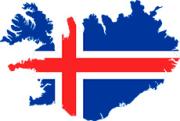
Category:
Time:
In transitions to more sustainable food systems, protein is the nutrient that has gained most attention; some have even termed this food systems transition the ‘protein transition’, which has led to some calling for ‘animal protein’ to be replaced by ‘plant protein’. This reductionistic approach, however, overlooks (1) that diets should be nutrient-adequate, and transitions cannot be centred around single nutrients, and (2) that any replacement of proteins cannot be solely quantitative, but should also consider qualitative aspects. Protein quality metrics, such as the digestible indispensable amino acid score (DIAAS), are designed around the ability of a protein to provide sufficient levels of all the indispensable amino acids in digestible form. DIAAS values for milk proteins, and proteins from other animal sources, e.g., meat, fish and eggs, are often notably higher than those from plants. Hence, consideration of protein quality values in nutritional life cycle analysis notably affects the comparative environmental impact of foods and ingredients. Protein quality can also be considered in sustainable diet and food system perspectives. Also here, consideration of protein quality significantly impacts the presence of specific proteins sources in designed sustainable diets or food systems. In all cases, it is clear that nutrient-adequate sustainable diets cannot be created without dairy products and some other animal products. Such effects are both due to the high protein quality in dairy products, but also the fact that dairy fact that dairy products contain many other critical nutrients needed in sustainable diets.
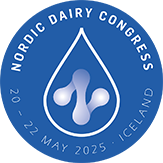












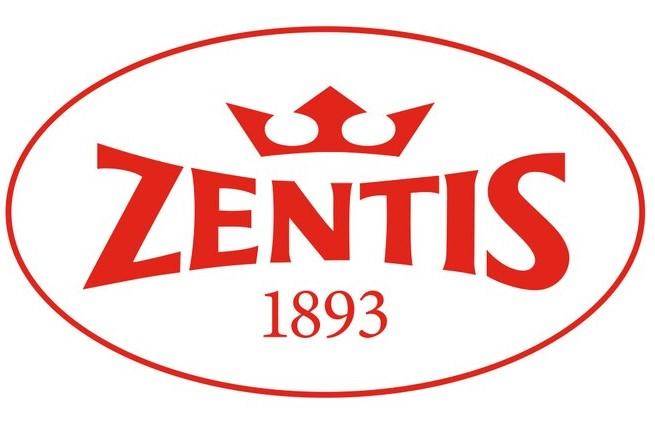

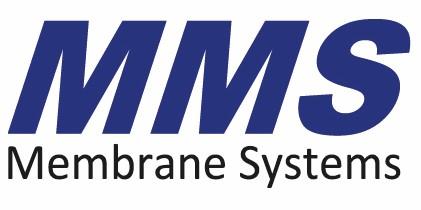


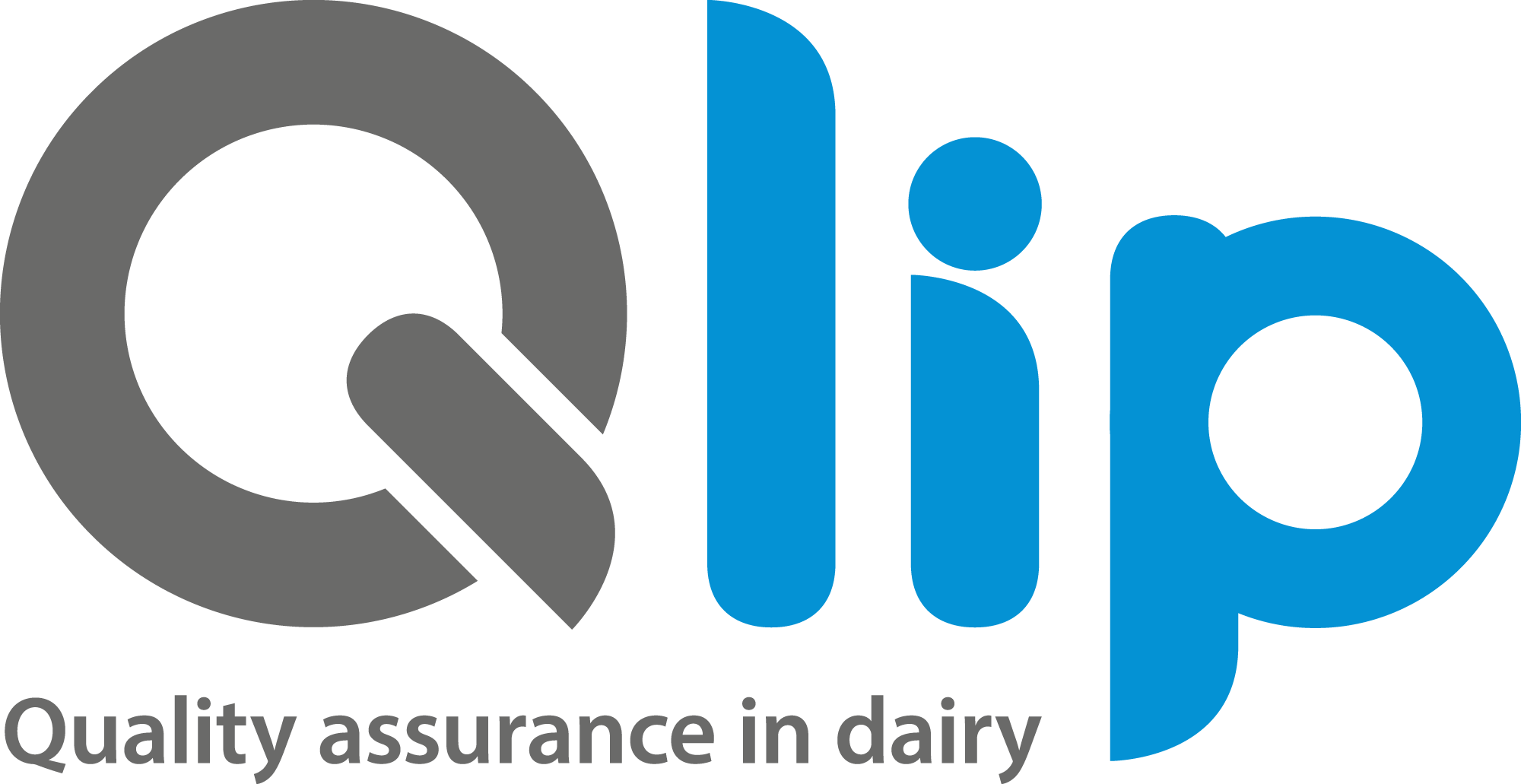
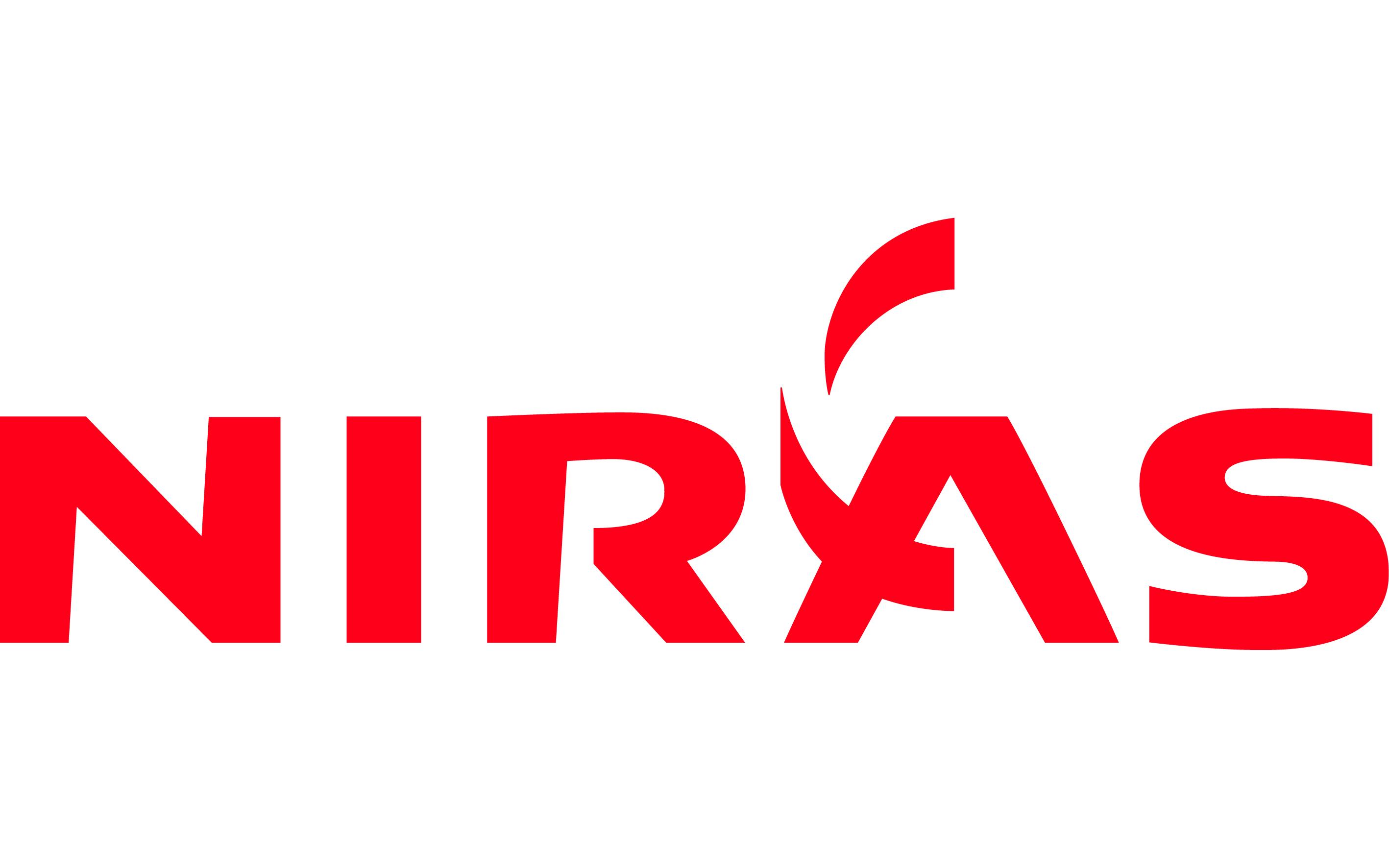


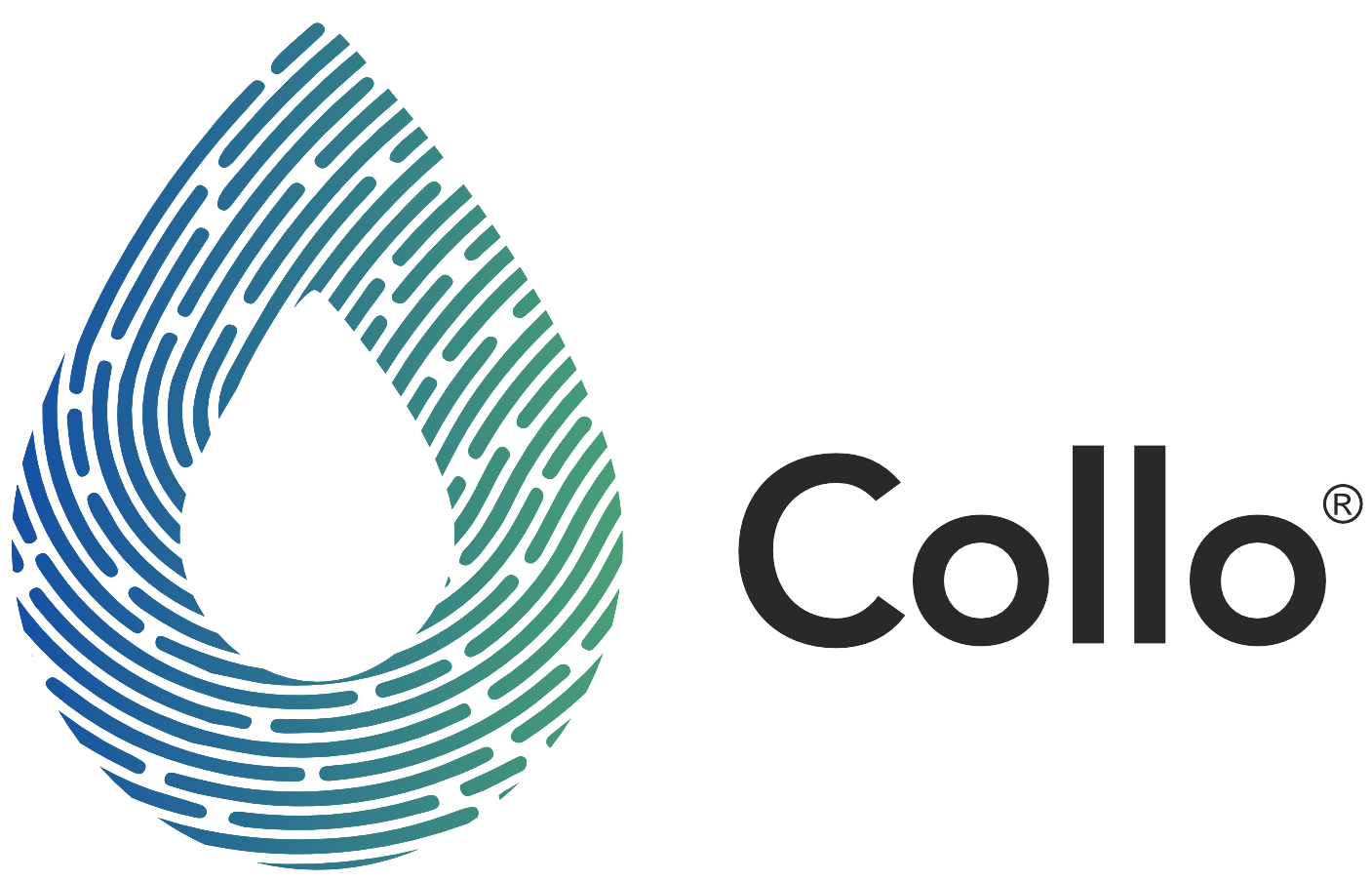
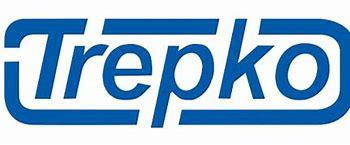




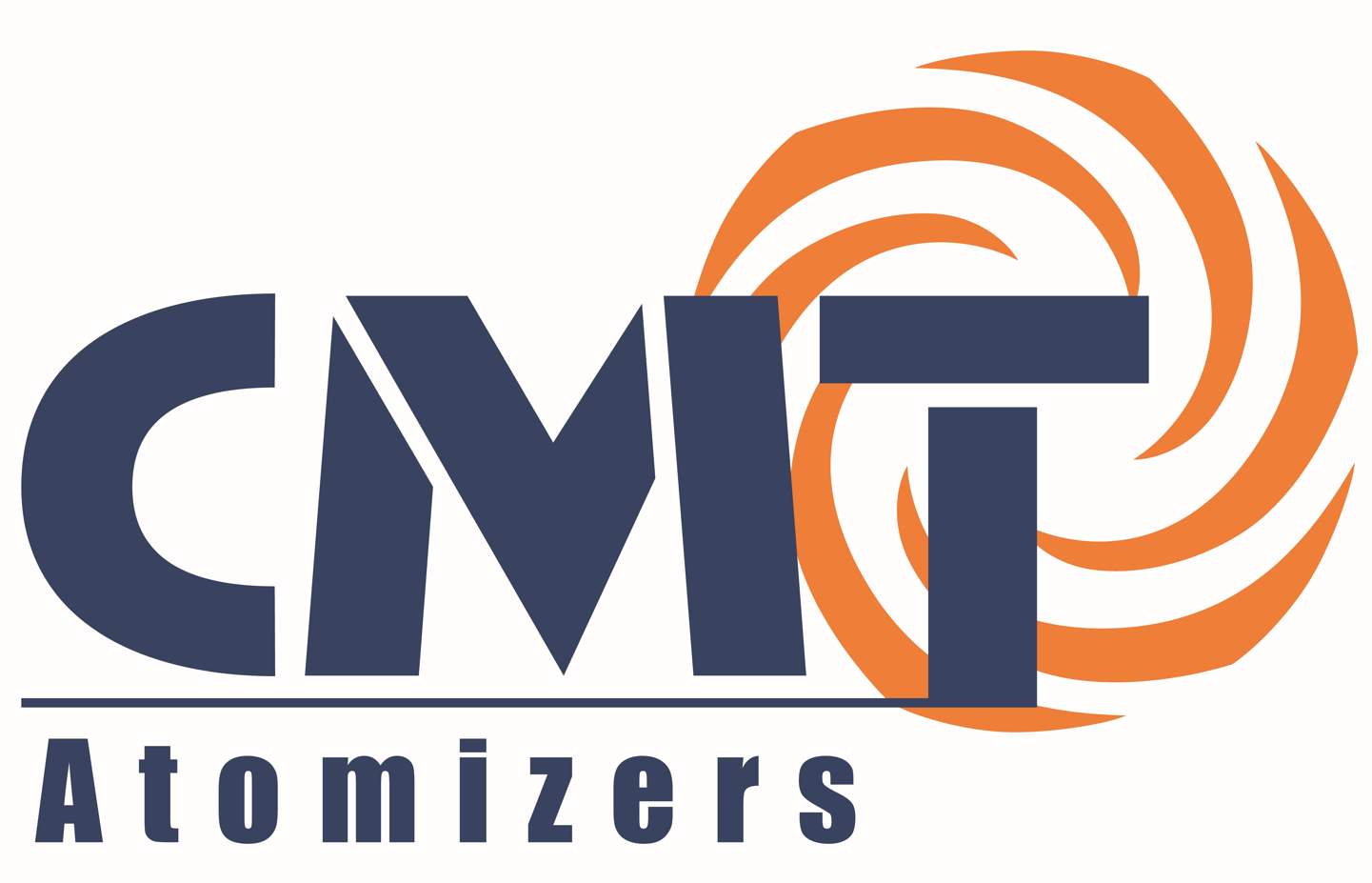
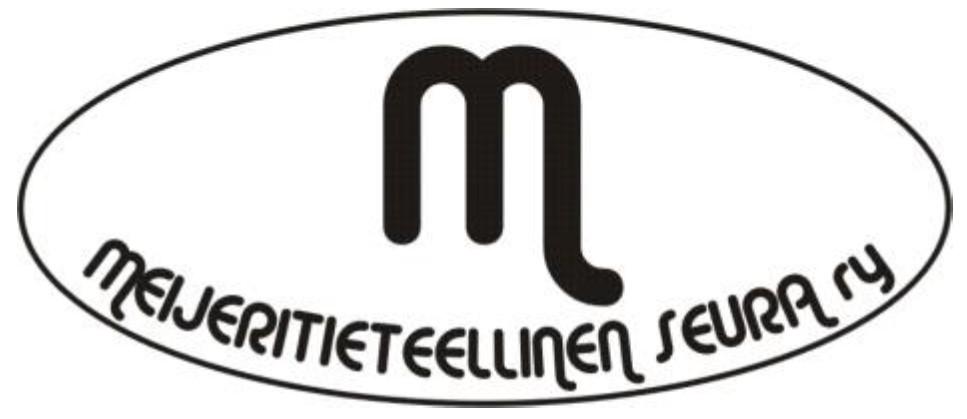
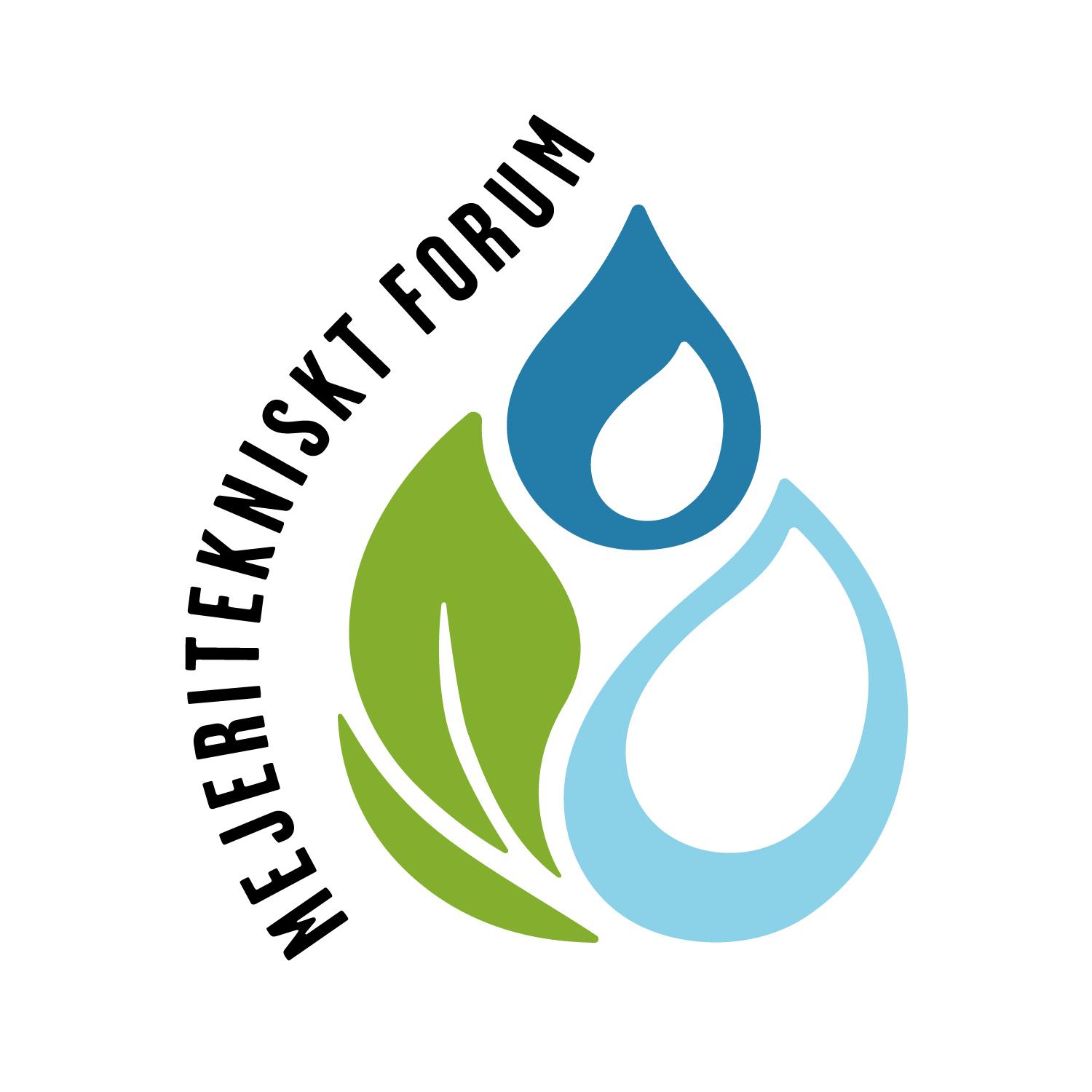

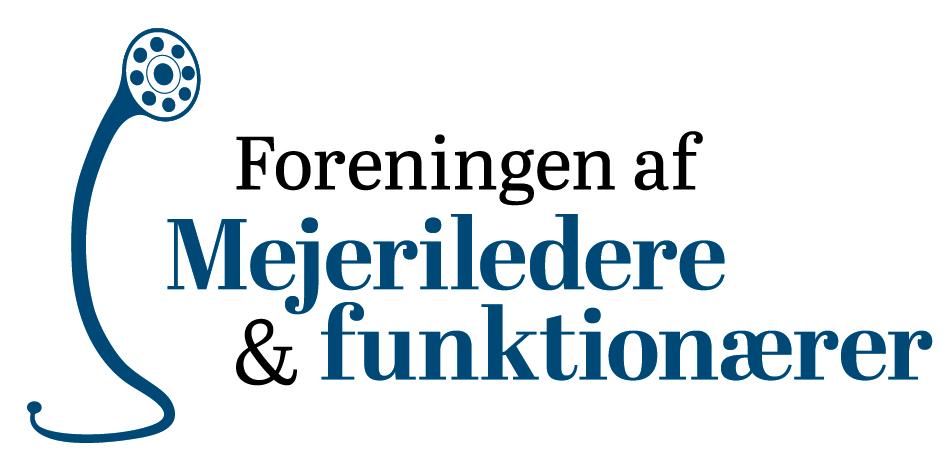



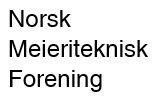
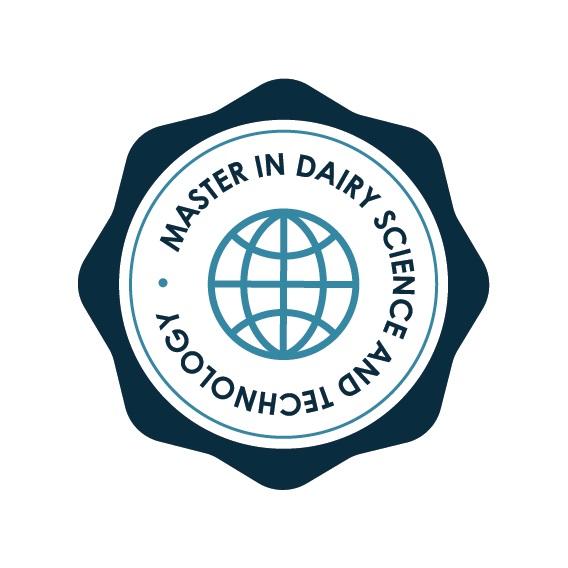


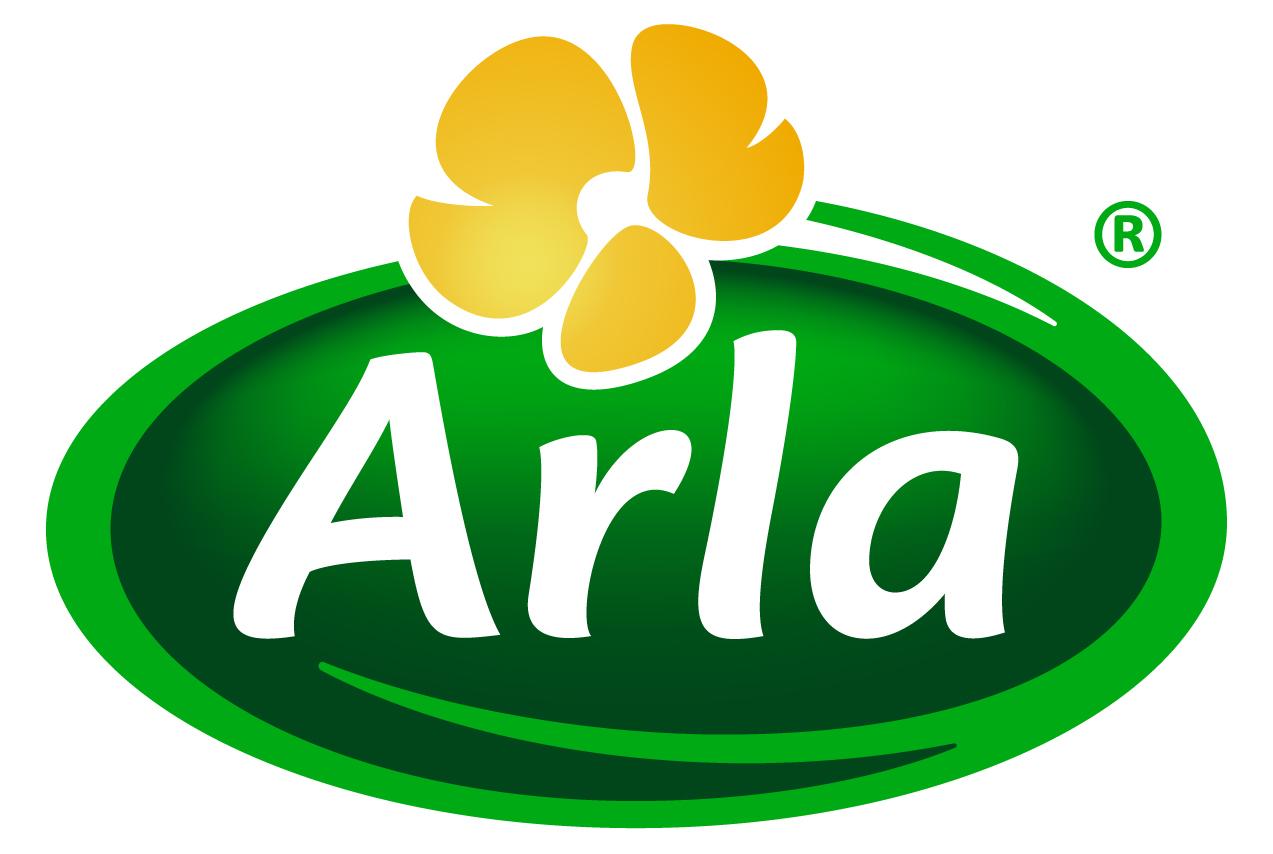

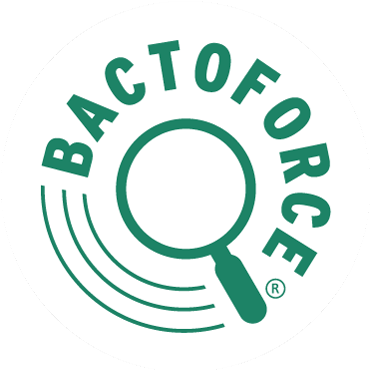

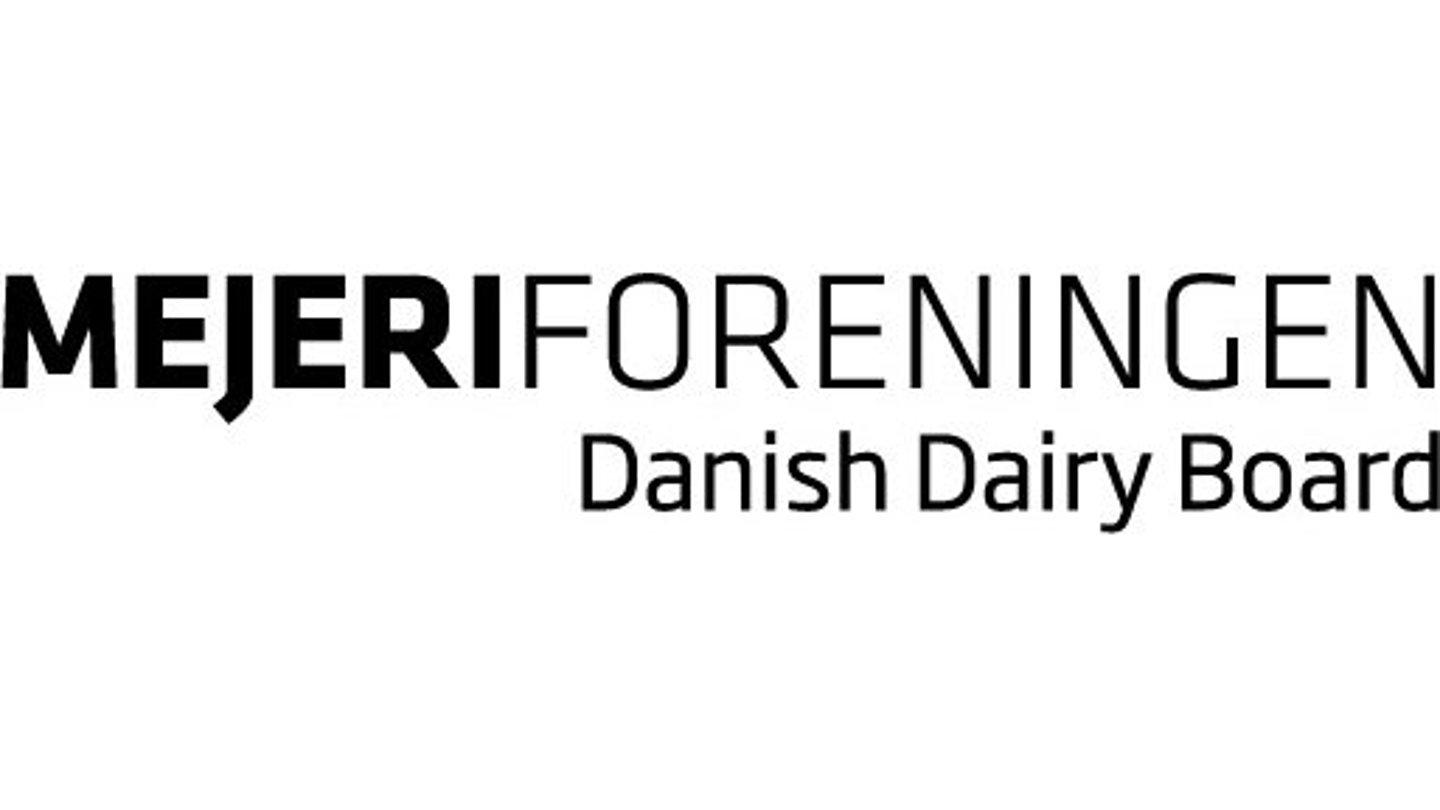
 Munkehatten 28
Munkehatten 28